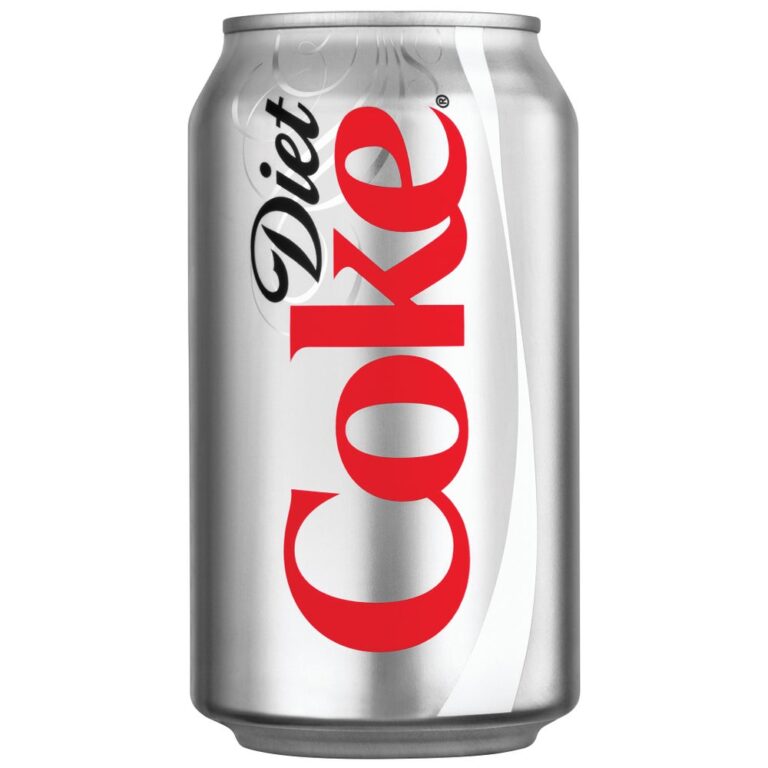Diet Coke Review
Diet Coke has long been marketed as a guilt-free alternative to regular soda, promising the same fizzy refreshment without the calories. But is it truly a healthy choice, especially if you’re trying to lose weight? Some believe Diet Coke can help with weight loss, while others argue it may do more harm than good. Let’s take a balanced look at the science and find out whether Diet Coke is your friend or foe on your weight loss journey.
Understanding Diet Coke’s Nutritional Profile
One of the biggest selling points of Diet Coke is its “triple zero” status—zero calories, zero fat, and zero carbohydrates. This sounds ideal for a weight loss diet, right? However, while the lack of calories is appealing, the ingredients list reveals something worth paying attention to.
Key Ingredients in Diet Coke
- Carbonated Water – The main ingredient that gives Diet Coke its fizz.
- Caramel Color – Added to give the soda its signature brown hue.
- Aspartame – An artificial sweetener that replaces sugar.
Aspartame is the most controversial ingredient, often linked to concerns about weight gain, metabolic health, and cravings.
Does Diet Coke Help You Lose Weight?
At first glance, Diet Coke seems like a great weight-loss drink because it has zero calories. However, weight loss is not just about cutting calories—it’s also about how your body responds to the ingredients you consume.
The Problem with Artificial Sweeteners
Artificial sweeteners like Aspartame and Sucralose may trigger increased cravings for sugary foods. Here’s how:
- When you consume something sweet (like Diet Coke), your brain expects an energy boost from sugar.
- Since artificial sweeteners contain no actual calories, your body feels “cheated” and signals cravings for real sugar or high-calorie foods.
- Over time, this can lead to overeating and may sabotage your weight loss efforts.
Can Diet Coke Cause Weight Gain?
Although Diet Coke itself has zero calories, studies suggest that people who regularly drink diet sodas may actually gain weight over time. Why?
- Increased Cravings: As mentioned earlier, Diet Coke can trick your body into wanting more sugar, leading to unhealthy snacking.
- Insulin Response: Some research suggests that artificial sweeteners may cause an insulin spike, similar to real sugar, which could make fat burning more difficult.
- Gut Health Disruption: Artificial sweeteners may negatively affect gut bacteria, potentially leading to metabolic changes and weight gain.
Should You Drink Diet Coke If You’re Trying to Lose Weight?
The short answer: It’s best to avoid it if you’re serious about weight loss. While some people may be able to drink Diet Coke in moderation without negative effects, it often makes weight loss harder rather than easier.
Instead, try healthier alternatives such as:
- Sparkling water with lemon or lime – Provides the fizz without artificial sweeteners.
- Unsweetened iced tea – A refreshing and natural alternative.
- Infused water – Adding fresh fruits to water for natural flavor.
Final Thoughts
Diet Coke might not directly cause weight gain, but it can increase cravings, affect insulin levels, and make weight loss more challenging. If you’re trying to lose weight, choosing natural, unsweetened beverages is a smarter strategy.
Would you still drink Diet Coke, or are you switching to healthier options? Let us know in the comments!

